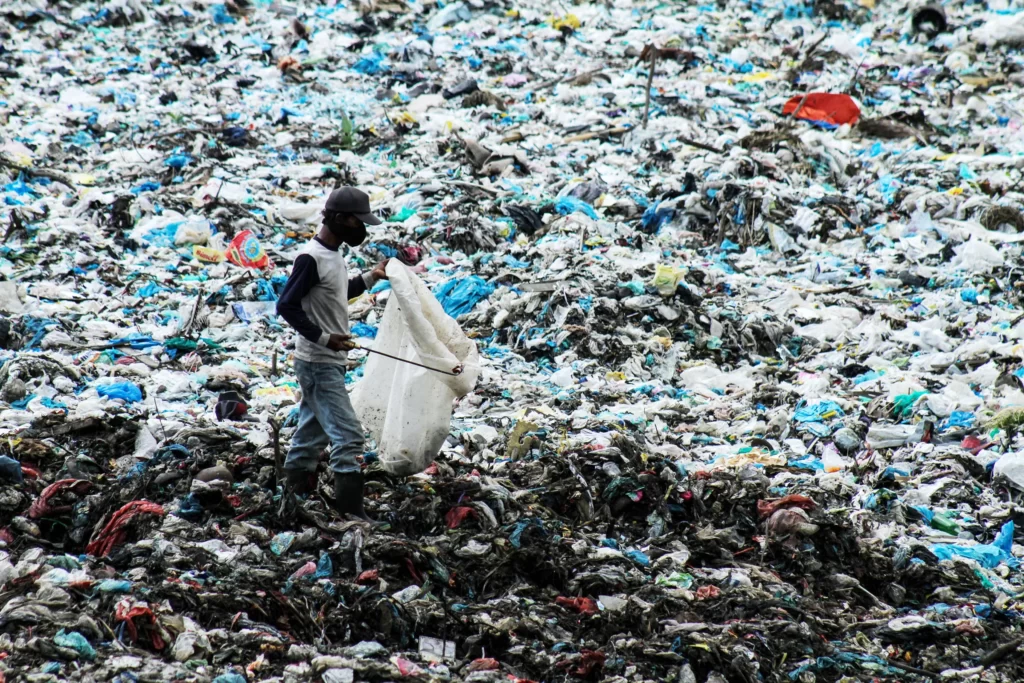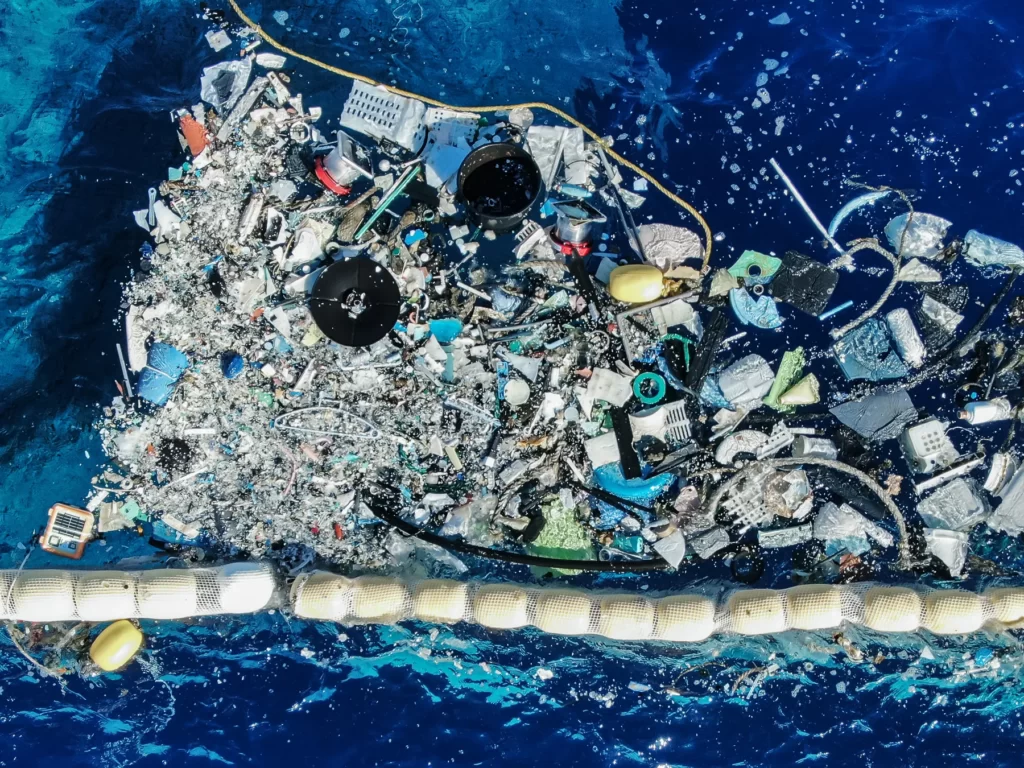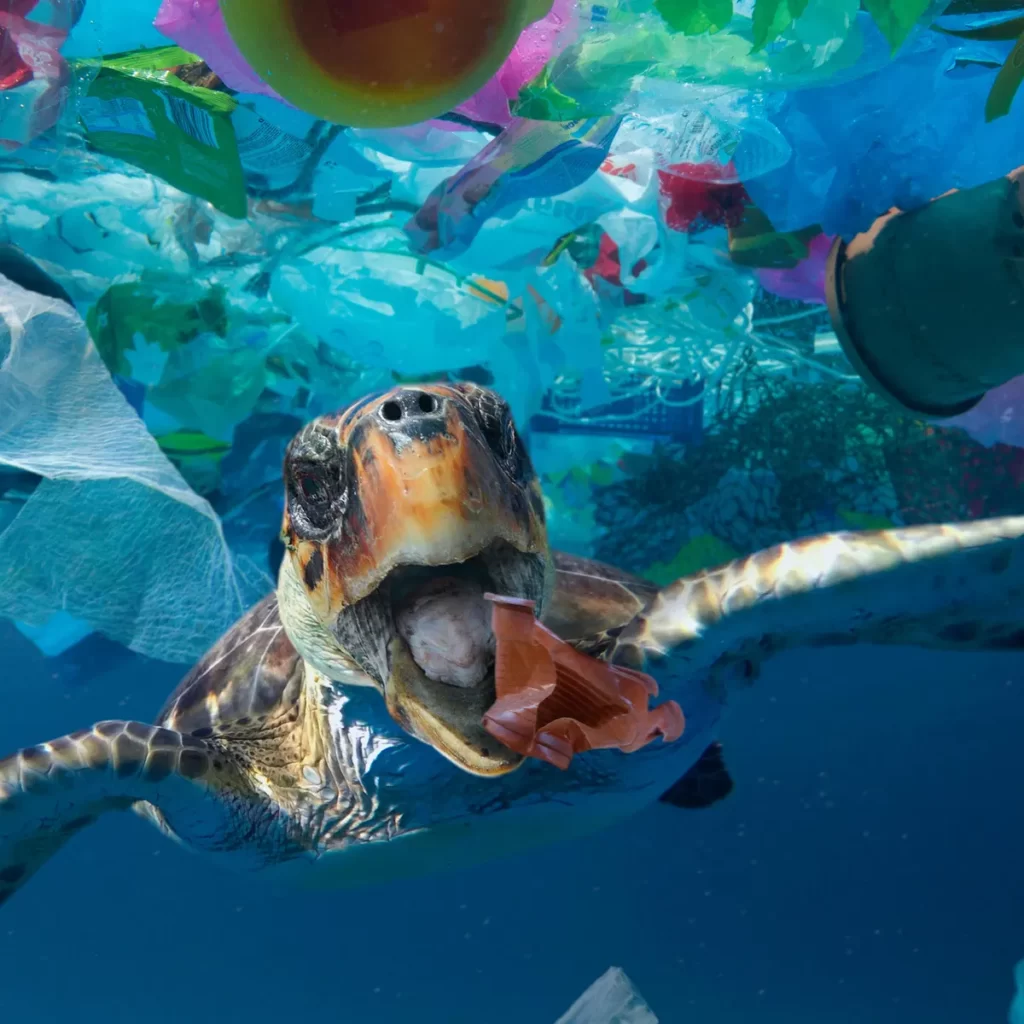Plastic pollution has become one of the most critical environmental challenges, as the world’s ability to deal with disposable plastic products has been overwhelmed. Plastic pollution is especially noticeable in developing Asian and African countries, where rubbish collection services are frequently ineffective or nonexistent. However, the industrialized world, particularly in nations with poor recycling rates, has difficulty collecting discarded plastics properly. Plastic waste has grown so familiar that efforts are being made to draft a global treaty by the United Nations.
Plastics made from fossil fuels have only been around for a century. Following WWII, the production and creation of thousands of new plastic goods skyrocketed, altering the modern era where living without plastics would be unrecognizable today. Plastics changed medicine with life-saving gadgets, enabled space flight, lightened vehicles and aircraft, reduced fuel use and pollution, and saved lives with helmets, incubators, and equipment for safe drinking water.
However, the conveniences that plastics provide have resulted in a throwaway culture that exposes the material’s dark side: single-use plastics now account for 40% of all plastic manufactured each year. Although many of these goods, such as plastic bags and food wrappers, have a short lifespan, they can live hundreds of years in the environment.

Plastic Waste Statistics:
- In the last 15 years, half of all plastics ever produced have been created.
- From 2.3 million tons in 1950 to 448 million tons in 2015, production grew exponentially. By 2050, production is predicted to double.
- Approximately 8 million tons of plastic garbage spill into the oceans each year from coastal countries. That’s the same as dumping five garbage bags full of trash on every foot of coastline on the planet.
- Plastics typically contain additives that make them more durable, flexible, and strong. However, many of these compounds can extend the life of products if they become litter, with some estimates ranging from 400 years to break down.
Microplastics
When plastic debris reaches the sea, sunshine, wind, and wave action break it down into minuscule particles frequently smaller than a fifth of an inch across. Microplastics have been discovered in every corner of the earth, from Mount Everest, the highest peak, to the Mariana Trench, the deepest dip.
Microplastics dissolve into smaller and smaller fragments. Meanwhile, plastic microfibers have been discovered in municipal drinking water systems and the air.

Damaging Effects on Wildlife
Plastic kills millions of creatures every year, including birds, fish, and other marine critters. Plastics are known to have harmed nearly 700 species, including endangered species. Almost every seabird species eat plastic.
The majority of animal deaths are due to entanglement or hunger. Abandoned fishing gear or discarded six-pack rings strangle seals, whales, turtles, and other creatures. More than 100 aquatic species, including fish, shrimp, and mussels destined for our dinner plates, have been confirmed to have microplastics. These tiny pieces pass through the digestive system unnoticed and are excreted in many cases. On the other hand, Plastics have been discovered to obstruct digestive tracts or penetrate organs, resulting in death. Plastic-filled stomachs suppress the desire to eat, leading to famine.

Solutions
Many scientists and conservationists believe the solution is to prevent plastic debris from entering rivers and seas in the first place. Improved waste management and recycling, better product design that considers the short life of throwaway packaging, and a reduction in the manufacturing of unneeded single-use plastics could all help.
That’s one of the main reasons Alpha Soles is dedicated to helping turn the tide by using recycled plastics in its products.
We can all help make our planet a better place and end plastic waste.

